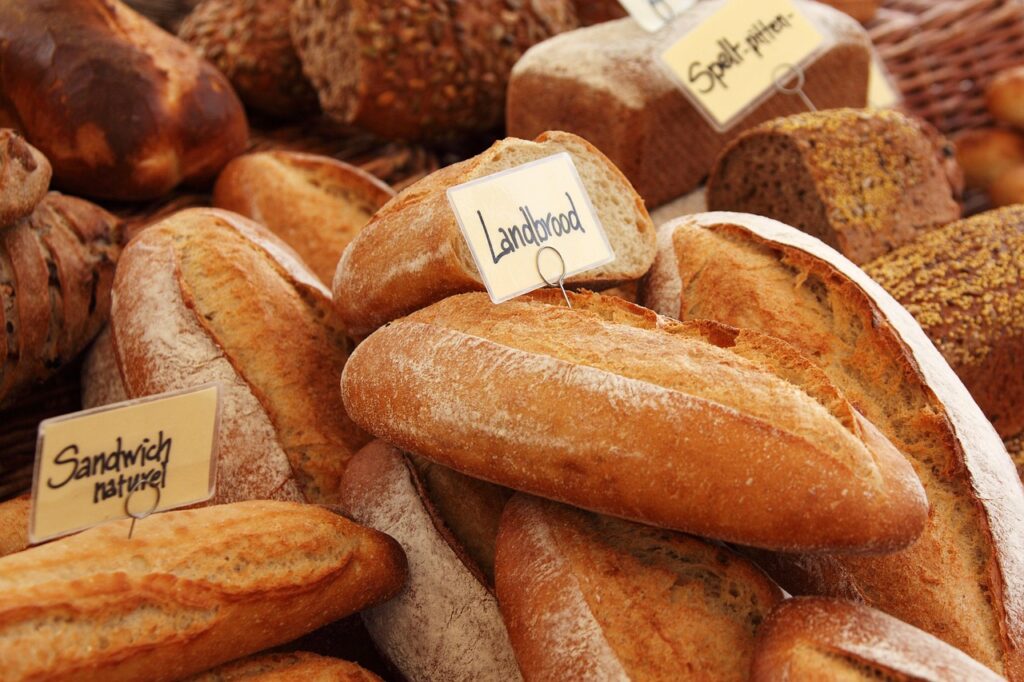Understanding the Dietary Needs for Active and Working Pets
Active and working pets require specific diets to sustain their energy levels and support their health. These pets include working dogs and high-energy breeds, both of which have unique dietary needs.
Energy Requirements
Active and working pets need significantly more calories than sedentary pets. The energy requirement varies based on the pet’s activity level, size, breed, and age. For example, a Border Collie working on a farm may need up to three times more calories than a similarly sized sedentary dog.
It’s essential to monitor the pet’s weight and adjust food intake accordingly. Overweight pets risk joint issues and other health problems, while underweight pets may not have the energy to perform their tasks effectively.
Nutritional Balance
Nutritional balance is crucial for active and working pets. These pets need diets rich in proteins, fats, vitamins, and minerals. Proteins support muscle repair and growth, while fats provide a concentrated energy source.
Include meats like chicken or fish and fats from sources like fish oil or flaxseed in their diet. Ensure the diet also includes adequate vitamins and minerals, such as:
- Vitamin E for muscle maintenance
- calcium for bone health
Balanced nutrition helps maintain optimal body function and performance for these high-energy pets.
Key Nutrients for Active Pets
Active pets demand a diet rich in essential nutrients to support their high energy levels and overall health. Proper nutrition ensures peak performance and optimal body function.
Protein and Fat: Building Blocks for Muscle
Protein and fat are crucial for muscle development and energy. Protein helps repair and build muscles, which is vital for active pets engaging in strenuous activities.
Poultry, fish, and beef offer high-quality protein sources. Meanwhile, fat provides a concentrated energy source, aiding endurance and performance. Look for foods containing chicken fat or fish oil, providing both energy and essential fatty acids.
Carbohydrates for Endurance
Carbohydrates supply prolonged energy essential for endurance activities. Digestible carbohydrates, such as sweet potatoes and rice, help maintain consistent energy levels.
Fibers support digestive health, improving nutrient absorption and overall vitality. Including a mix of simple and complex carbohydrates creates a balanced energy release, keeping active pets energized throughout the day.
Special Considerations for Working Pets

Active and working pets, such as herding dogs and service animals, have unique dietary needs that require special attention. Ensuring these pets receive the right balance of nutrients and hydration influences their performance and health.
Hydration Needs
Hydration is crucial for working pets. They lose fluids rapidly through physical exertion and need constant replenishment. Water should be accessible at all times to prevent dehydration, which impacts performance. Signs of dehydration include dry gums, lethargy, and excessive panting.
Supplement Use
Supplements can enhance the diet of working pets. Glucosamine and chondroitin support joint health, while omega-3 fatty acids boost cardiovascular function.
Consult a veterinarian before introducing new supplements to avoid adverse reactions. Supplements augment a balanced diet but don’t replace whole foods.
Choosing the Right Food for Your Active Pet
Active pets need a diet that matches their high energy demands. Understanding what to look for in commercial foods and when to consider homemade options helps in providing balanced nutrition.
Evaluating Commercial Pet Foods
- Commercial pet foods offer convenience.
- For active pets, look for high-protein formulas.
- Proteins promote muscle repair and maintenance.
- Check labels for quality protein sources like chicken or fish.
- Fats are equally important as they provide dense energy.
- Seek foods with healthy fats such as chicken fat.
- Carbohydrates should be complex to sustain endurance.
- Ingredients like sweet potatoes offer prolonged energy release. Avoid fillers and artificial additives which can compromise nutritional value.
When to Consider Homemade Diets
Homemade diets offer control over ingredients. Pets with specific dietary needs can benefit from personalized meals. Ensure nutrient balance; improper ratios can lead to deficiencies.
Consult a veterinarian or a pet nutritionist before starting. High-quality proteins, fats, and carbs are essential. Include supplements if recommended by a professional.
Homemade diets suit pets with allergies or sensitivities, but they require thorough planning and commitment to maintain nutritional adequacy.


